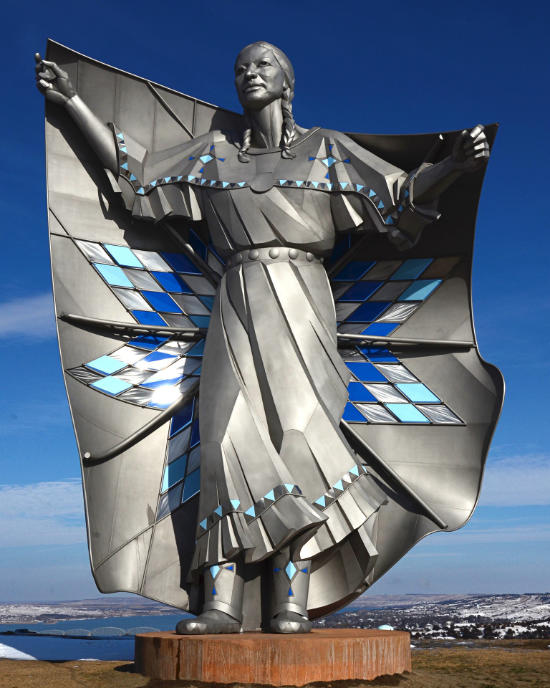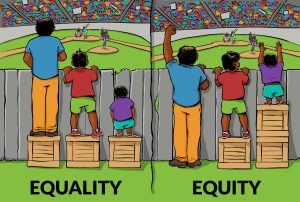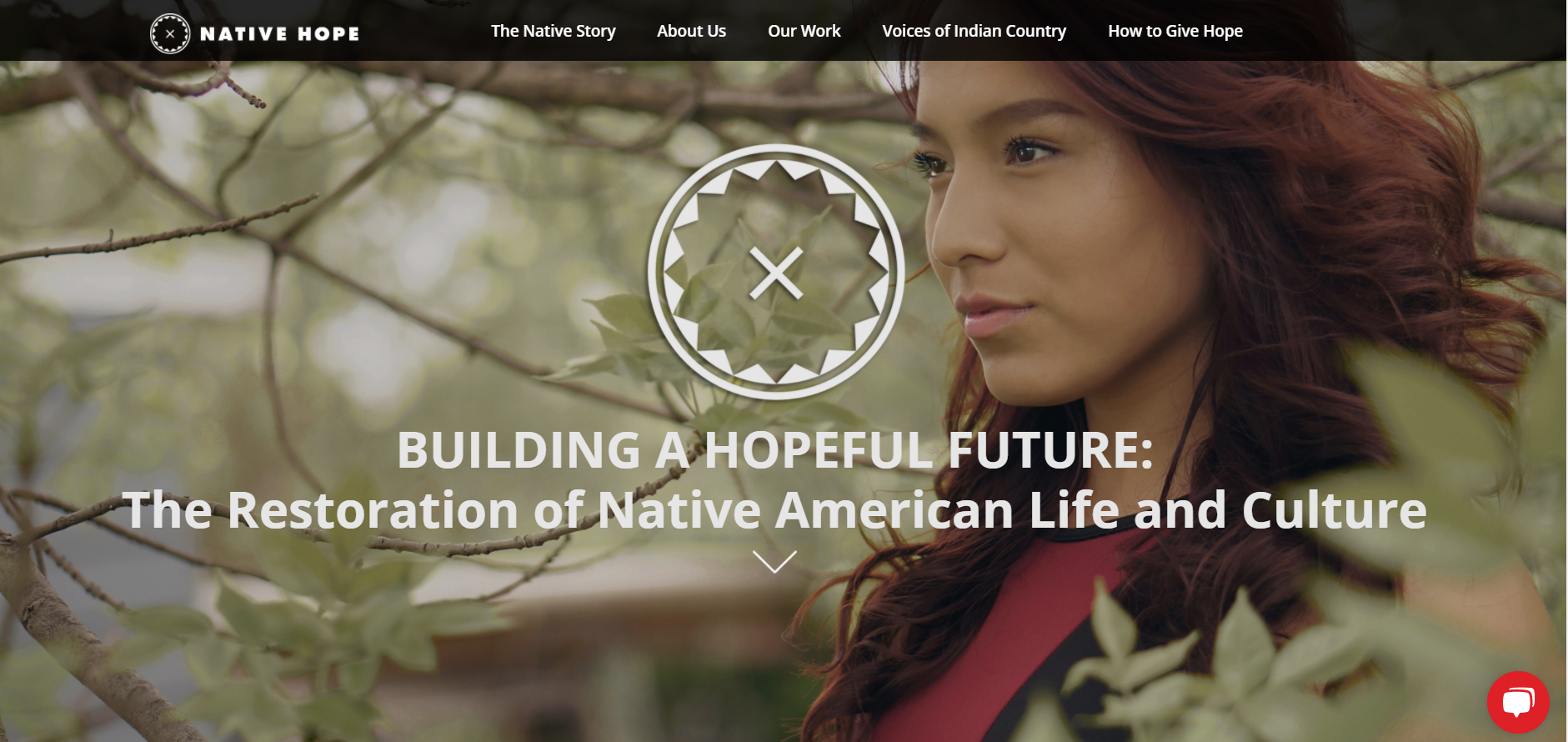History Homeschool
February Curriculum
Justice and Inclusion: History from All Sides
Enjoy your February curriculum about Justice and Inclusion: History from All Sides. We will explore racism, gender and culture identity, and justice, especially as it pertains to Black and Native peoples. We have carefully chosen these resources to guide your family in learning about this (sometimes difficult) subject. This is a great time to stay near your child as they learn so that you can answer their questions and deepen understanding of the subject. Parents, you should monitor your child’s progress and completion of the activities. For help, please email Karen Rainsong, our executive director, at director@singingcreekcenter.org. This page is part of our History Homeschool online. Please consider joining our year of homeschool offerings (or donating to us) so that we can keep bringing you the quality content you love.
Please note: Singing Creek Educational Center has no control over the content offered by third party websites. Parents and guardians should monitor the online activities of their children to ensure the content is age appropriate and to ensure the safety of their children.
Coming up next~ MARCH THEME- Mapping and Observing, Including Lewis & Clark

Dignity, a 50 foot tall statue in South Dakota of a Native American woman of the Lakota/Dakota tribe, with a star blanket behind her, a symbol of respect, honor and admiration.
Video 1
Storytime with Eric Richardson of the NAACP
Time required: 11 minutes video, 10 minutes questions
Eric Richardson, the Executive Director of the NAACP in Eugene reads us I am Every Good Thing by Derrick Barnes and Gordon James. Find out what the word Justice means and about what the NAACP does in our community.
Questions for Your Journal:
- What does NAACP stand for?
- What kinds of things do they do?
- Were there any parts of the book that you especially liked? Which ones?
- What are some examples of Justice that you can think of?
- Have you ever been the victim of injustice? What did you do about it?
Video 2
Mexican Culture and Storytime with Mija Andrade
Time required: video 14 minutes,
Mija is an artist and community organizer in Eugene, Oregon and some of her family comes from Mexico. She loves to travel there and teach art workshops. She reads the story Where are you From? by Yamile Mendez, then shares about her favorite art, foods, and clothes from Mexico!
Video 4
The Skin I’m In, by Pat Thomas
Time Required: video 5 minutes, questions 10 min
A good basic foundation for understanding racism and how to challenge it. It shows us how important it is to appreciate our differences while remembering that we are all alike.
Questions for your journal:
- Have you ever felt afraid or uncomfortable about someone who looks different than you?
- Have you ever seen someone bullied because of their skin color?
- How did it make you feel? Did you tell anyone?
Video 5
Intersection Allies by Chelsea Johnson, LaToya Council, and Carolyn Choi
Time Required: video 9 minutes, questions 15 min
What is an identity intersection? This video and book explores intersectionality, or the many ways we describe our identities. This includes gender, race, ethnicity, ability, and other things. Also learn what an “ally” is and do an exercise at the end of this video.
Questions for your journal:
- What are some of the identifies that you hold?
- What are some characteristics that make a person a good ally?
Video 6
All the Colors We Are, by Katie Kissinger
Time Required: video 3.5 minutes, questions 15 min
Learn about the science behind skin color, and how we are all alike.
Kissinger has written a book that deals with skin color in a straightforward, scientifically accurate, child-friendly manner. Young children are curious about why people have different skin colors, and too often teachers are tempted to brush this curiosity aside in the name of a glib “We’re all the same.” The book features valuable teaching suggestions to get children thinking imaginatively and unself-consciously about skin color. The book, including teaching ideas, is fully bilingual in English and Spanish.
Questions for your journal:
- Do you remember what color everyone’s skin actually is?
- What are the three things that cause the color of our skin?
- Two people with different color skin may have more in common than two people with the same color skin! Think of some of the ways you are alike and different than people in your family, or your friends and neighbors.
Video 7
Show Way, by Jacqueline Woodson
Time Required: video 12 minutes, questions 15 min
This is a beautiful story of history, family, and resilience through love. Featuring authentic music and community voices.
Questions for your journal:
- How did slaves use the Show Way or quilt patches to help them escape?
- In the story, the family has a tradition of sewing passed on from each generation to the next. What is something that you have learned to do from your parents or grandparents?
Video 8
Something Happened in our Town: A Childs Story about Injustice by Marianne Celano
Time Required: video 7 minutes, questions 10 min
Emma and Josh are curious about an event that happens in their town, and with help from their families, they learn about racial injustice and help a new kid at school be included.
Questions for your Journal:
- Where do you hear about current events?
- Who do you talk to when you are confused or worried about things that happen in the news?
Video 9
Sulwe, by Lupita Nyong’o
Time Required: video 11 minutes
Read by the author. In this book, a shooting star helps a bright young girl born “the color of midnight” learn to embrace her beauty, inside and out.
Video 10
Woman Warrior
Time Required: 5 minutes
A video about a young Crow Native woman who takes a challenge and represents her people in a triathalon.
Additional Homework Activities
Art Project
Create a painting of you, doing what you love best and wearing your favorite type of clothes. Use the video at right to help you mix skin colors!
Share your art with us on our Facebook Community:
Five Oaks Museum: Changing a Kalapuya Display to be more Accurate
Time required: video 6 minutes
Meet Steph, a Kalapuya woman who worked on changing an old museum display to better represent the story of her people. Learn about how the Native people were moved onto reservations like Grand Ronde, why the title of the exhibit is important, and why it’s important for their story to be told from a Native point of view.
This video is a good reminder that even though we sometimes make mistakes, it’s important to acknowledge it and work to make it right. Don’t be afraid to ask questions, especially if you are being humble and honest. Asking questions and changing your mind about things are a part of learning.
Remember, no one is perfect! It’s better to ask someone about things you are curious about, rather than to assume something that may be hurtful, or to ignore that person because you are uncomfortable.
Also, remember that if you ask a person of color, (such as a Black or Brown person) about their experiences in the community and the world, that each person is unique (different) and no one person can speak about the exact experiences of anyone else in a group.
So Tall Within, a book about Sojourner Truth, Slavery, and the Civil War, part one & two
Part One, 11 minutes
Part Two, 8 minutes
This is a video by the American Civil War Museum, including the book So Tall Within: Sojourner Truth’s Long Walk Toward Freedom by Gary D. Schmidt and illustrated by Daniel Minter. Sojourner Truth was born into slavery but possessed a mind and a vision that knew no bounds. So Tall Within traces her life from her painful childhood through her remarkable emancipation to her incredible leadership in the movement for rights for both women and African Americans.
Questions for your journal:
- Who are your heroes?
- What makes a hero?
- Draw a picture of a hero.
For more information and resources, visit: https://acwm.org/learn/homefronted/
Reflections on our Foundations: The History of Native American Life and Culture
For ages 10 and up
https://pages.nativehope.org/reflecting-on-our-foundations
Most history books tell the story of the encounters between European settlers and Native tribes from the perspective of the settlers. But this leaves out the rich diversity, culture, and the experiences of Native peoples. To learn more about the past, present, and future of Native Americans, visit the link above.
Watch the Earth Day Prayer (The words of Black Elk) here:
https://youtu.be/Ipr0iFKkA-o
More Resources for Justice and Inclusion
Systemic Racism animated video, for ages 9 and up
https://youtu.be/YrHIQIO_bdQ
Coyote’s Eyes, a story told by Esther Stutzman, a Kalapuya Elder
https://youtu.be/GL13hgcKJcA
Oregon Black Pioneers, curriculum, projects and The Register podcast:
https://oregonblackpioneers.org/learn-and-explore/
video: Inside an Apache Rite of Passage into Womanhood
https://youtu.be/r1Cx_9YDQEc
Finding Home: A Video about the Historic Mims House in Eugene and the Black Experience (best for ages 12 and up) This video includes some references to things that may spark discussion in your family. Best to watch with your children.
https://youtu.be/37VvSm0ZBiY
video: The Undefeated by Kwame Alexander and Kadir Nelson (a children’s picture book reading)
https://www.youtube.com/watch?v=cBJSSQ-k3VA
Celebrating Native American Women, article in nativehope.org
https://blog.nativehope.org/march-spotlight-celebrating-native-american-women
Dignity statue in South Dakota, 50 foot tall Lakota woman with a star quilt
https://youtu.be/q4yOv0ZC8RA
Hip Hop Speaks to Children book
https://www.youtube.com/watch?v=pJc90tiB0pY
The alphabet Rockers, Anti-racism music and dance group
https://www.alphabetrockers.com/
Young Water Protectors, by Aislan Tudor, a book about the Standing Rock Tribe and the Dakota Access Pipeline.
https://birchbarkbooks.com/all-online-titles/young-water-protectors
For Parents/Teachers/Teens:
Facing History & Ourselves website
https://www.facinghistory.org/
Anti-Bias Education for parents and teachers:
https://www.naeyc.org/resources/pubs/books/anti-bias-education
Lies my bookshelf told me: Slavery in Children’s Literature
https://www.tolerance.org/magazine/summer-2019/lies-my-bookshelf-told-me-slavery-in-childrens-literature
Strides For Social Justice – App for your phone that leads you on walking tour around Eugene to explore historical contributions of Black people in the community. Has videos about L.A.C.E.- Love, Authenticity, Courage, and Empathy. Very Good!
https://www.peacehealth.org/strides-for-social-justice
video: Teen Vogue, young Native Americans talk about Native sterotypes
https://youtu.be/GHdW_LVfn28
A Conversation with Native Americans about Race ( for adults/teens)
https://www.youtube.com/watch?v=siMal6QVblE
List of books for kids about Race and Racism:
http://www.act4socialjustice.com/awesome-social-justice-books-kids/#Race
Finding Civil Rights in Oregon, article
https://www.tolerance.org/magazine/finding-the-civil-rights-movement-in-oregon
Teaching Juneteenth, article for parents and teachers
https://www.tolerance.org/magazine/teaching-juneteenth
Native American voices- Tanna Engdahl, Cowlitz people
https://vimeo.com/400079249
Native American Woman chosen to be the new Secretary of the Interior:
https://www.bbc.com/news/world-us-canada-55356373
Video: Meet the Sewells, a Black pioneer family in Oregon, from Oregon Black Pioneers:
https://youtu.be/h9BaRmHGfR0?si=p4QwL8q1Cnn16s8y



